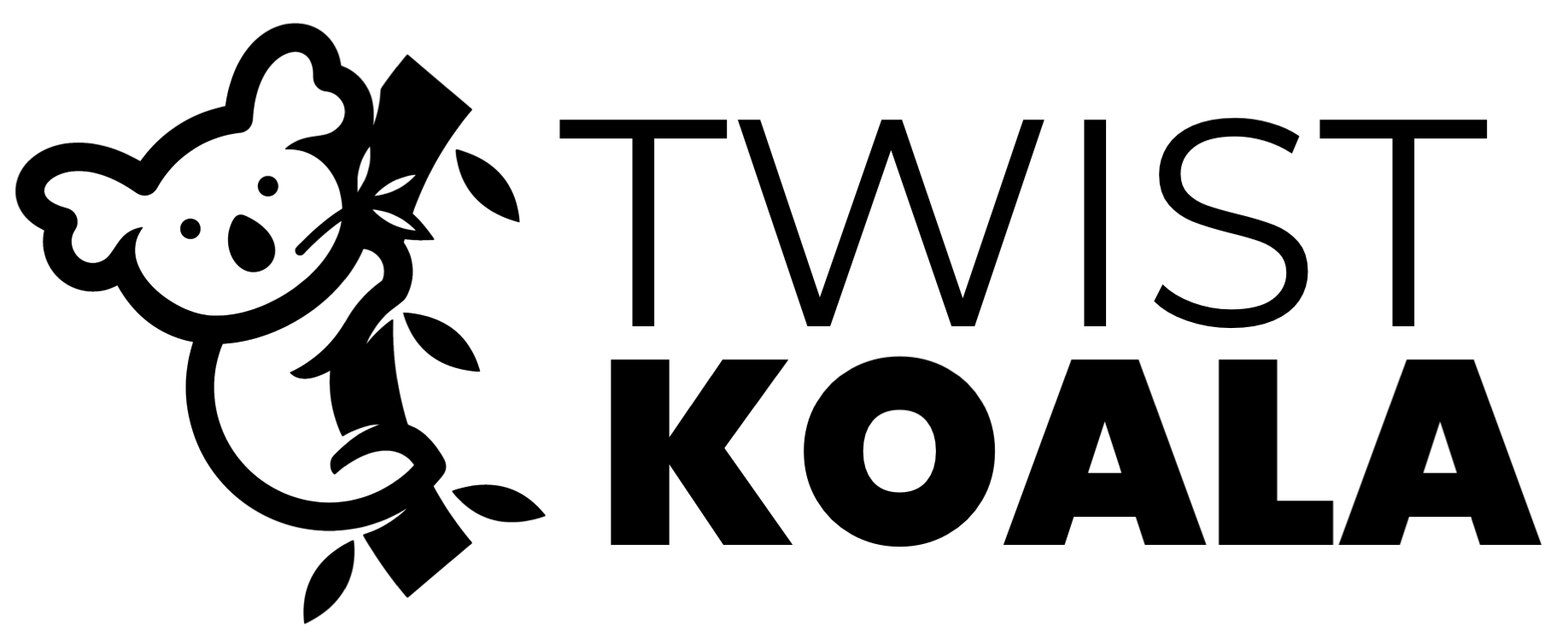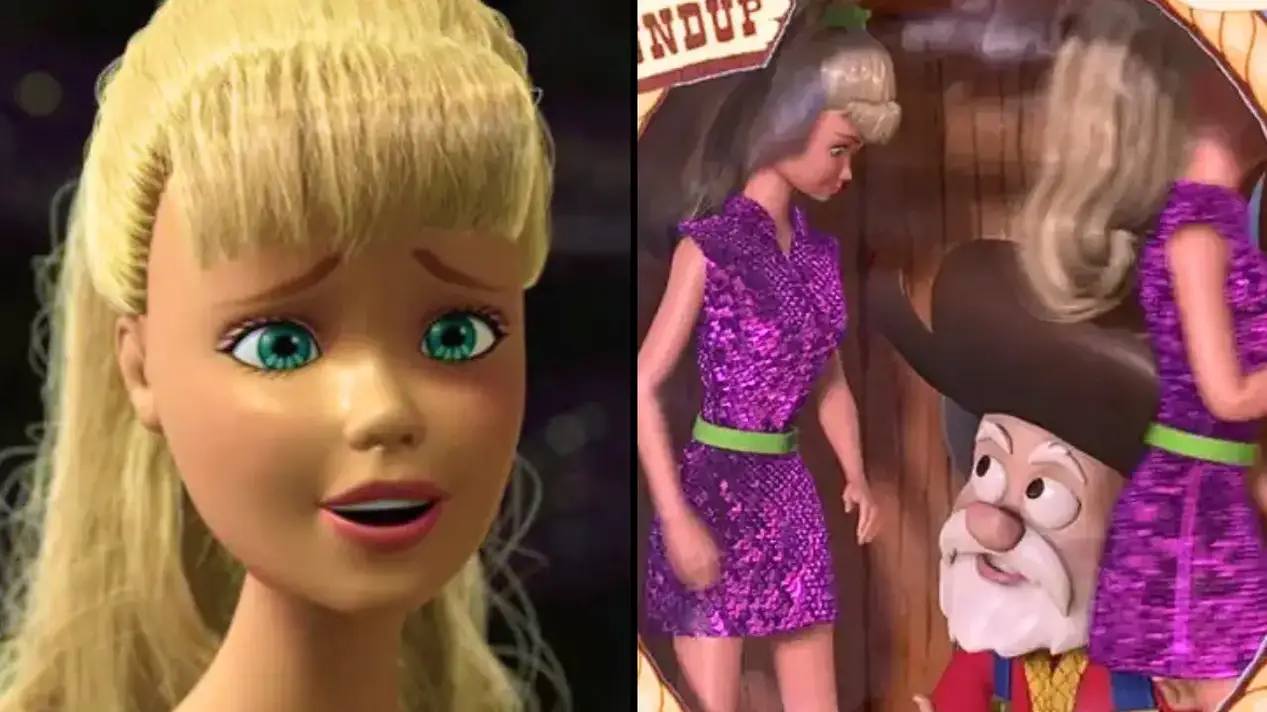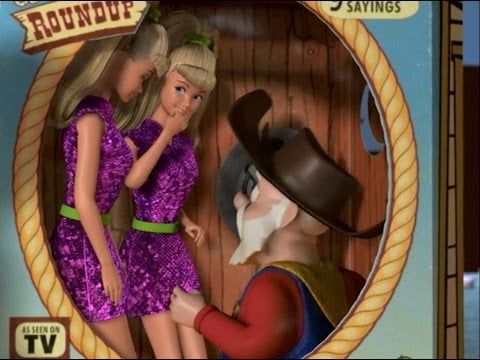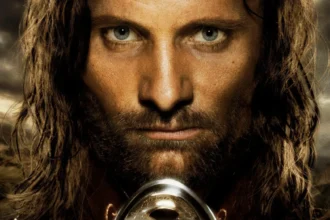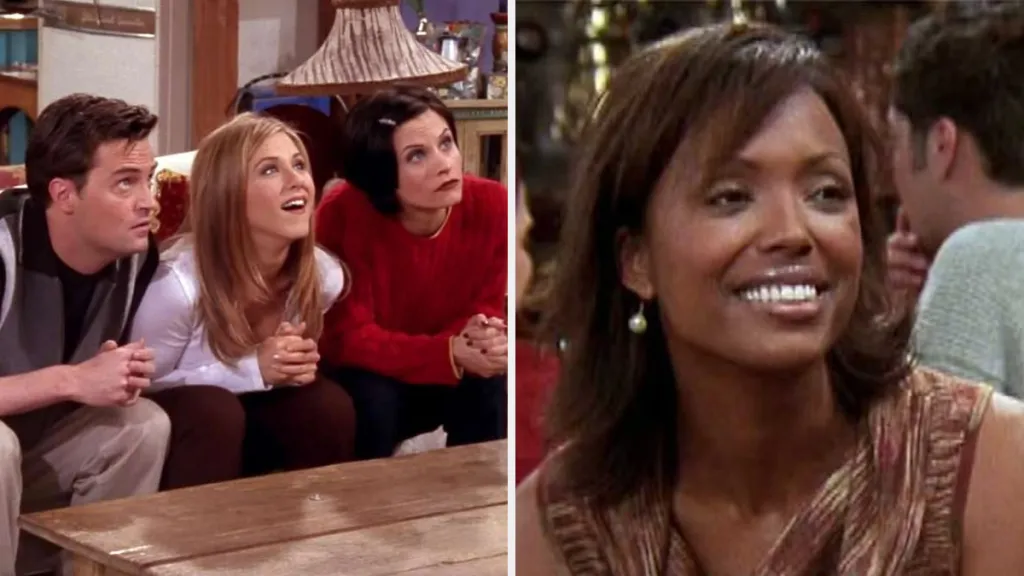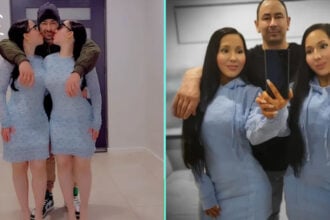Released in 1999 Toy Story 2 continued the trend of fantastic, cutting-edge animation and storytelling, with this follow-up to the first film making the transition to VHS and DVD easier on children and kids at heart.
Among these highlights were the blooper reels, shown where the toys ‘acted out’ as if they were making mistakes on set.
These outtakes were an interesting addition: the animators were having fun making jokes that were part meta, part Toy Story charm. But it was funny to see the ‘behind the scenes’ antics of Woody, Buzz and their cohorts.
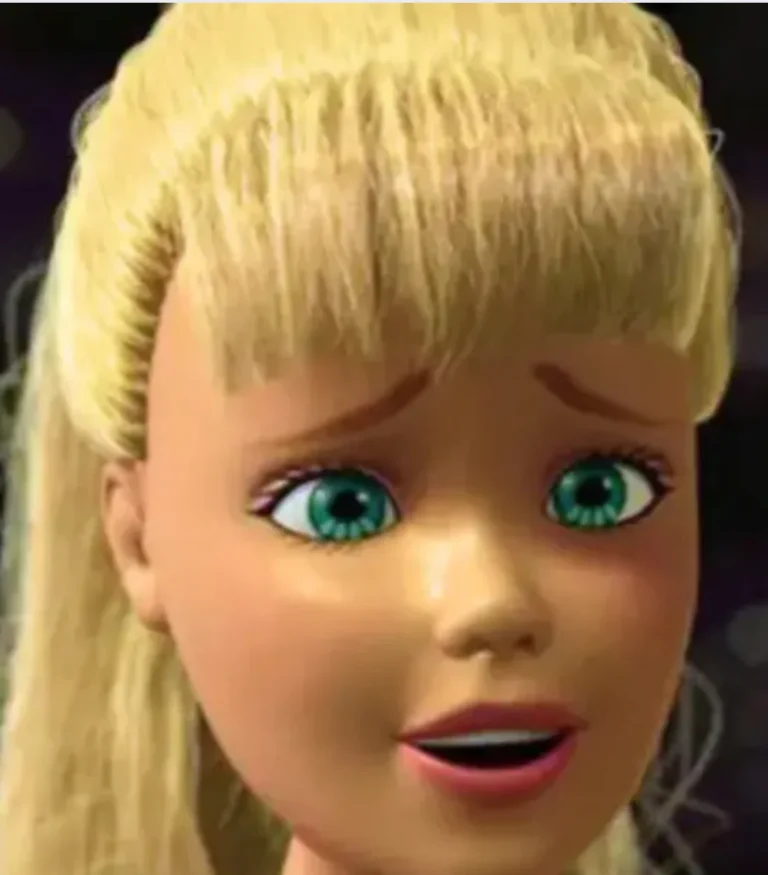
These days, however, a specific outtake with the character Stinky Pete, the prospector doll, has become something controversial.
The 1999 release had a scene in which Stinky Pete talked suggestively to two Barbie dolls inside his box.
In the blooper, Stinky Pete says, “So you two are identical?” then, “I’m sure I could get you a part in Toy Story 3.”
According to The Wrap, the casting couch type of favour exchange was a not-so-subtle nod at notorious “casting couch“ practices in Hollywood, which were done in a comedic fashion.
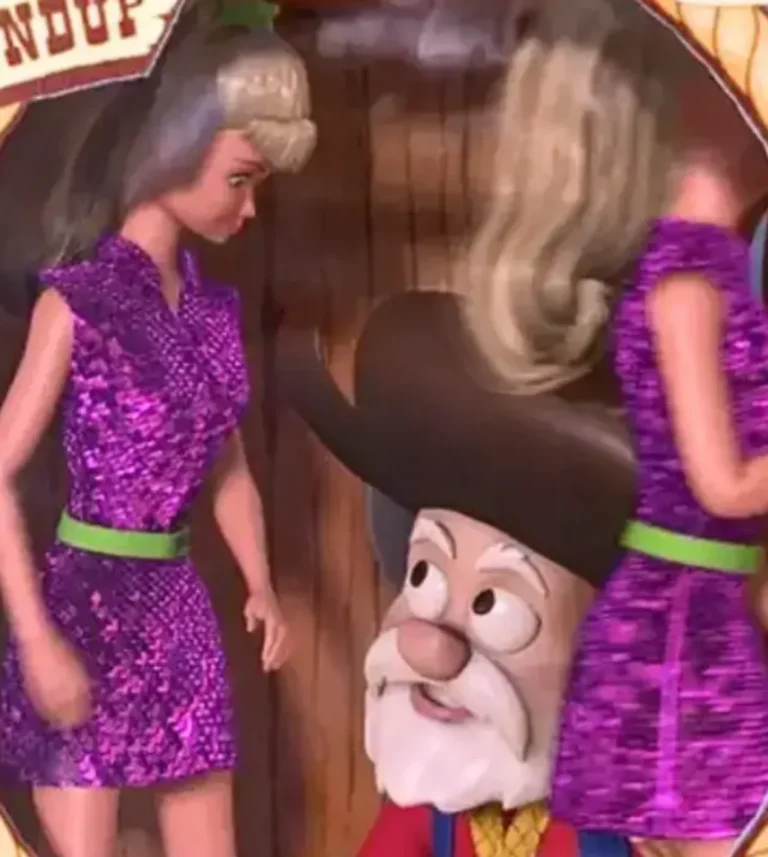
Stinky Pete immediately starts acting like he’s in trouble, stumbling over his words, bumping into things, and awkwardly insulting the Barbies upon realizing he is being watched.
I made this outtake as satire, mocking pretentious unethical behavior in Hollywood.
But with the #MeToo movement booming, the scene is also being reconsidered as inappropriate in a family film.
In the late 2010s, the #MeToo movement came into the spotlight, drawing attention to rampant harassment and abuse, mostly in Hollywood.
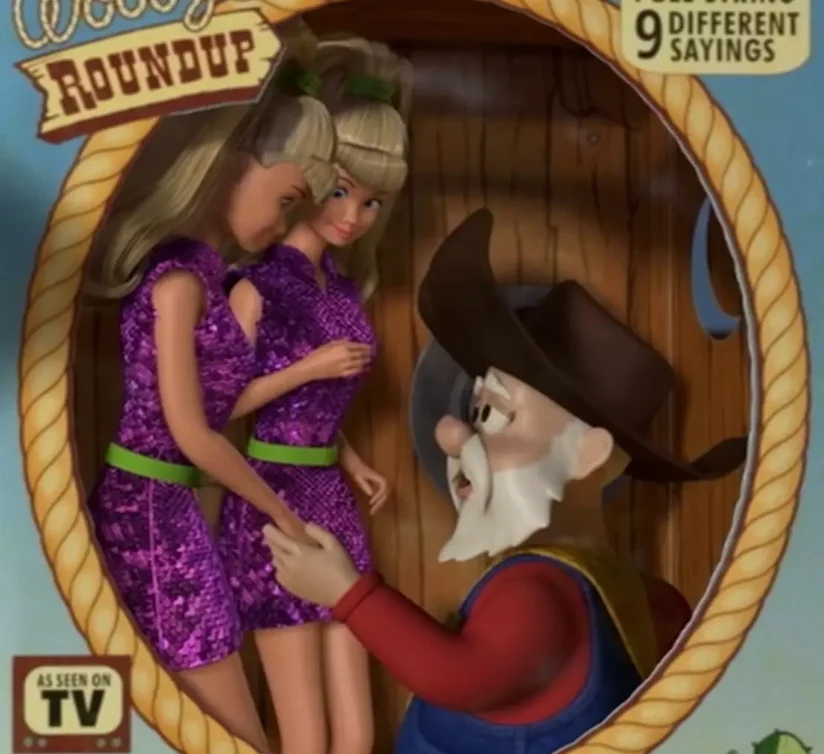
After the high profile cases, like those of Harvey Weinstein, led to a reevaluation of past behaviors and content.
In this context Disney and Pixar effectively wiped the controversial scene from Toy Story 2 out of existence, running the latest version of the movie sans the offending moment for every new release.
The blooper first disappeared from the credits in 2019 when the film was reissued on 4K Blu-ray.
Last year, the scene was scrubbed from all updated digital versions and streaming platforms like Disney+, thanks to the omission.
The reaction from audiences and critics was equally divided: a removal from the historical record.
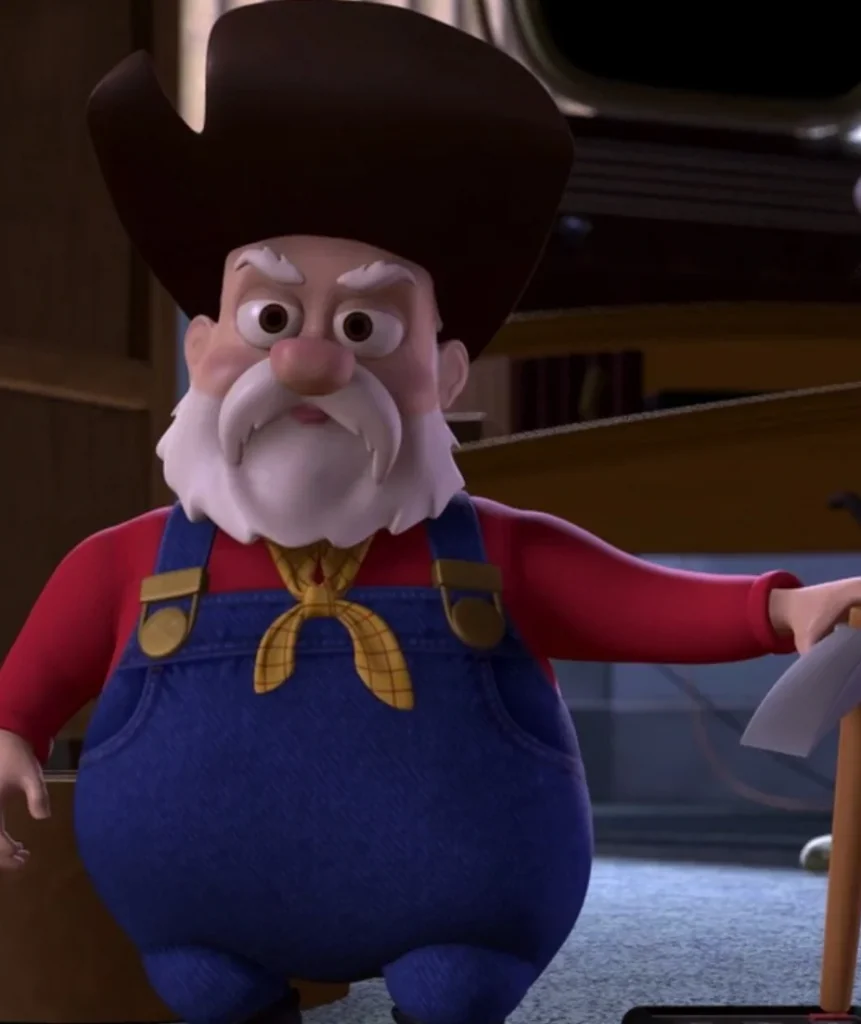
Some viewers supported Pixar’s decision, describing the scene as “creepy” and “out of place” in a family-friendly franchise.
Some said the joke should have stayed because it was a satire of actual issues that could spark important discourse.
Beyond this specific outtake, we should mention that the whole Toy Story franchise has been criticized.
In 2017, John Lasseter, a co-founder of Pixar and director of the first two Toy Story films, left the company after allegations of misconduct.
Considering the implications of the scene in the context of Lasseter’s departure from Pixar, it’s not so surprising that the scene was cut when he left.
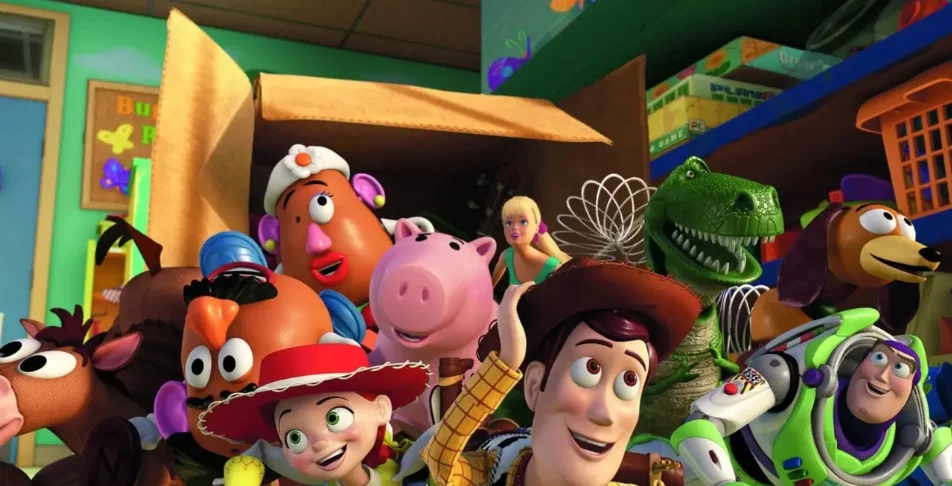
And it’s not the first time in history studios have removed controversial content from films, to adapt to changing cultural norms.
The entertainment industry from removing outdated stereotypes to editing insensitive jokes is still struggling to find a balance between history and progress.
Toy Story 2’s Stinky Pete blooper was removed from watch for contemporary values, but they kept the blooper of the film for the sake of the film’s legacy.
This scene is one that the beloved Toy Story series was sadly missing, but it is most certainly one that inspired us to continue doing our best to tell responsible stories of this kind.
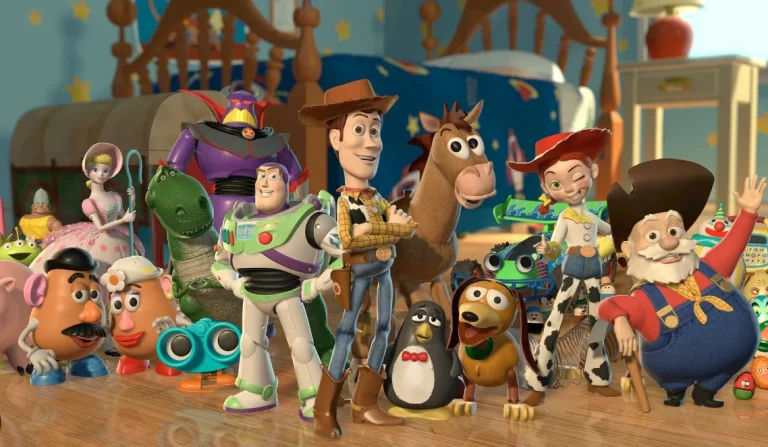
The decision is really a reminder that the responsibilities of creators to create content that is ethical to all audiences are still in a state of flux.
The fact that Pixar quietly erased the scene is a gesture to the fact that we all grow in some way and it’s necessary for us to make a respectful cinematic legacy.
